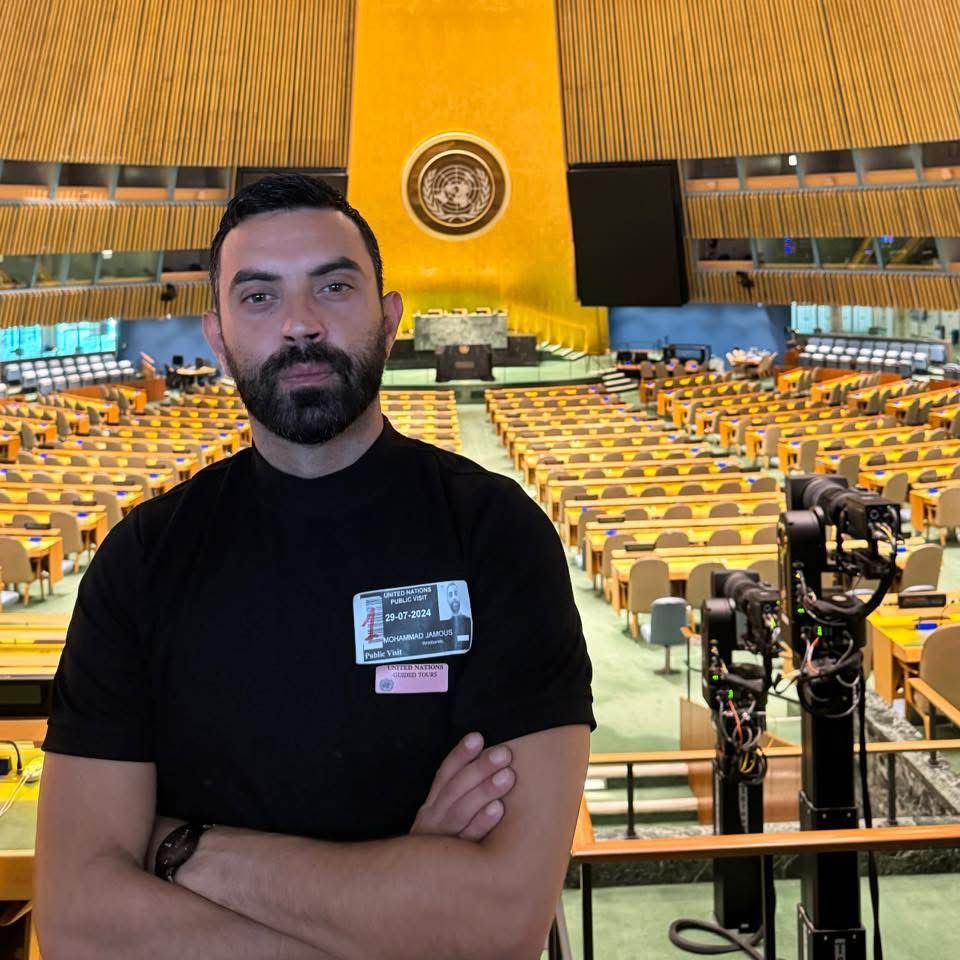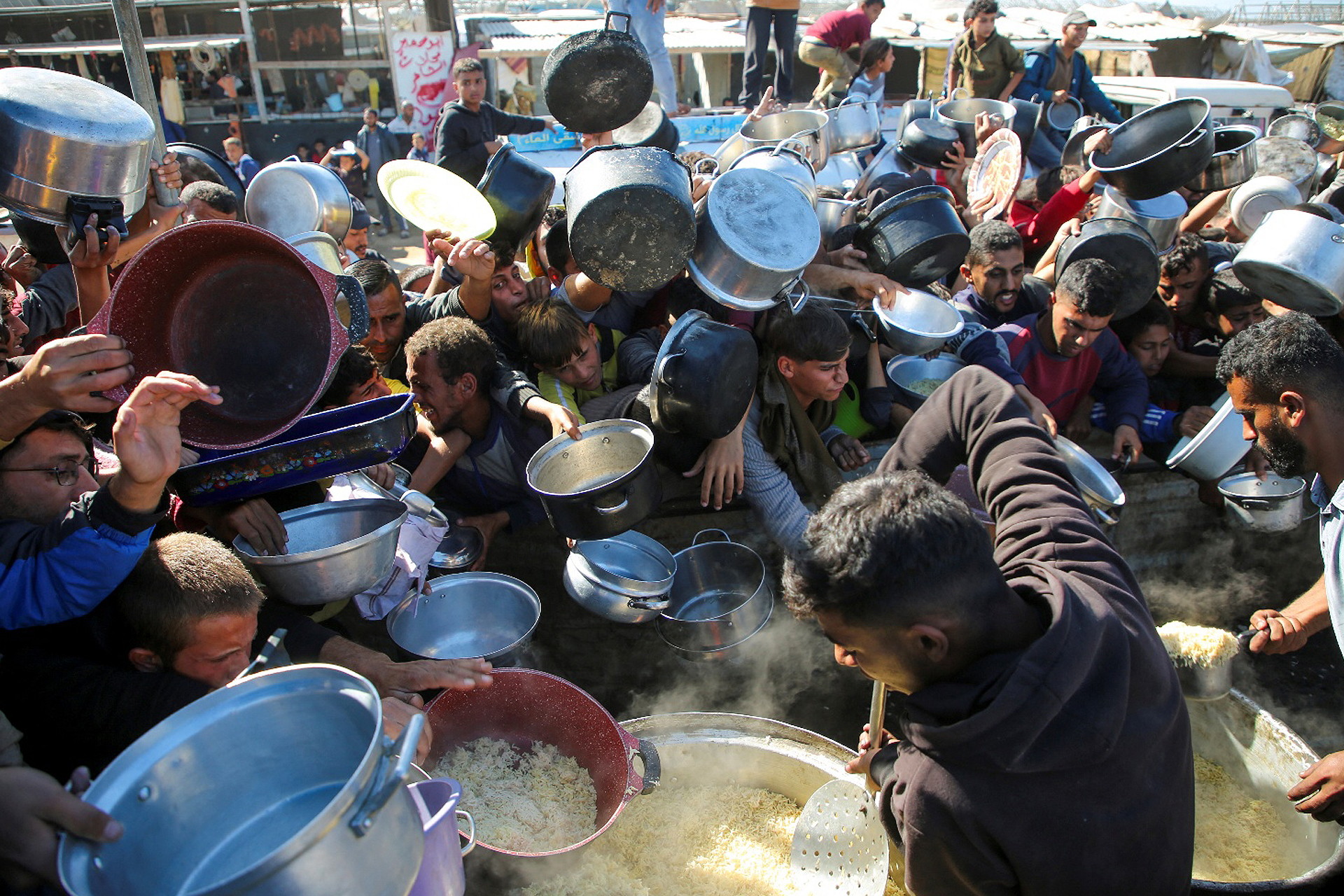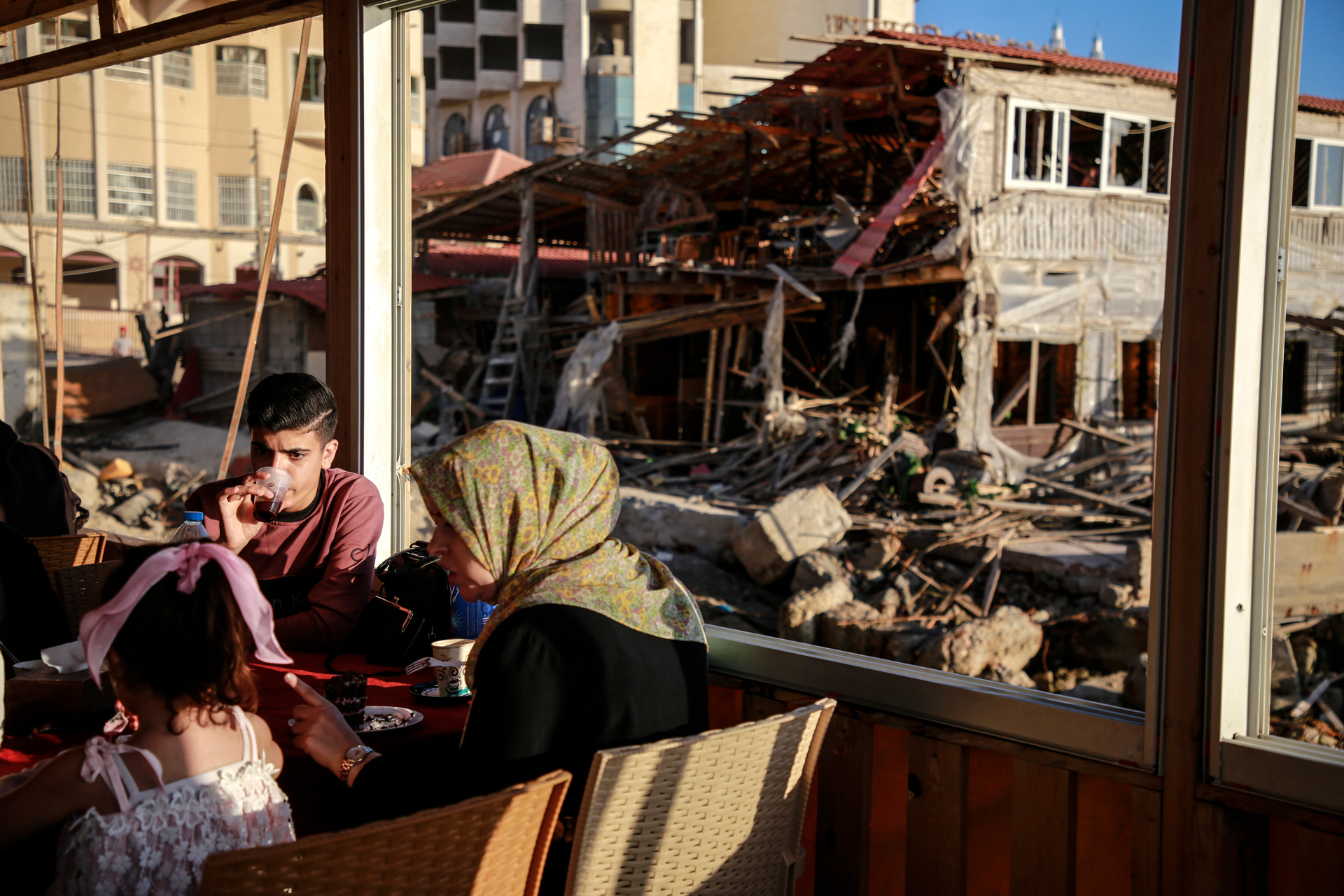This August, in the West Bank town of Beit Jala, two hundred Palestinians and Israelis did something extraordinary.
We camped together for two days, on a stretch of land marked more by division than dialogue. We came not for protest, not for ceremony, but to sit side by side in shared humanity. We called it 100 Tents for Justice and Reconciliation, but what we built was something deeper: a space where listening became solidarity and pain became a bridge.
I am a Palestinian peace activist from Ramallah, working for both Palestinian and Israeli freedom and security. For over fifteen years, I’ve worked with international and local organizations to create spaces for interfaith and intercultural dialogue. Since 2019, I’ve been working as a programs director at the Children of Abraham Project, a US-based nonprofit that believes, as I do, that peace must begin with people, not politicians.
This was not an easy event to plan. After the war that began on October 7, 2023, I lost my family’s business, like so many others in Gaza and the West Bank. The emotional and economic toll was immense. Finding a space where both Palestinians and Israelis could safely gather was itself a logistical challenge, but we were able to come together in Beit Jala, located in Area C.
We raised one hundred tents in the forested hills of Jala Jungle. Inside them, Palestinians and Israelis shared dialogue circles, meals, music, and stories. Many had never spoken to someone from “the other side.” Some had lost loved ones to the violence. Others had grown up behind walls, trained to fear those who live on the other side. But in those tents, something shifted. The fear didn’t vanish—but it was voiced, heard, and held. And that changed everything.
Children played nearby. There were art activities, face painting, and shared songs. One night, everyone sang “One Day”—a song of imagined peace. That may sound small, even trivial. But in a region where joy often feels dangerous, that was its own form of resistance.
What moved me most was the courage it took for people—especially Palestinians—to attend. Standing in the way were political pressure, social scrutiny, and personal trauma from loss. Yet still, the people came, quietly and bravely. Some crossed checkpoints. Some told no one that they were coming. But they showed up, because deep down, they know what I know: Peace is worth the risk.
This wasn’t the first time I’ve done this with Children of Abraham. Earlier this year, we hosted the largest interfaith Ramadan iftar in the region, with over one thousand Jews and Palestinians sharing a meal together, calling for security, freedom, and dignity for everyone. That, in addition to the tenting event, prove that people are ready for peace.
Governments can negotiate borders. They can sign agreements. But they cannot manufacture trust. Trust is built by people. And when we people create spaces—however imperfect, however temporary—where trust can begin to grow, we are doing the real work of peace.
The one hundred tents we raised in Beit Jala are now gone. But something remains: a memory, a moment, and a map of what’s possible. Amid so much violence, grief, and political paralysis, it was clear that reconciliation is not a fantasy. It is already happening, quietly, bravely, across the divides.
We need more tents. We need more shared meals; more safe spaces where the dignity of each person is recognized, not debated. Peace begins not with agreements but with encounters.
Despite everything, we came together. And despite everything, we still believe in peace.
The opinions expressed in Realign For Palestine publications are those of the individual authors and do not necessarily represent the views of Realign for Palestine, the Atlantic Council, their staffs, or their supporters.




.JPG)




